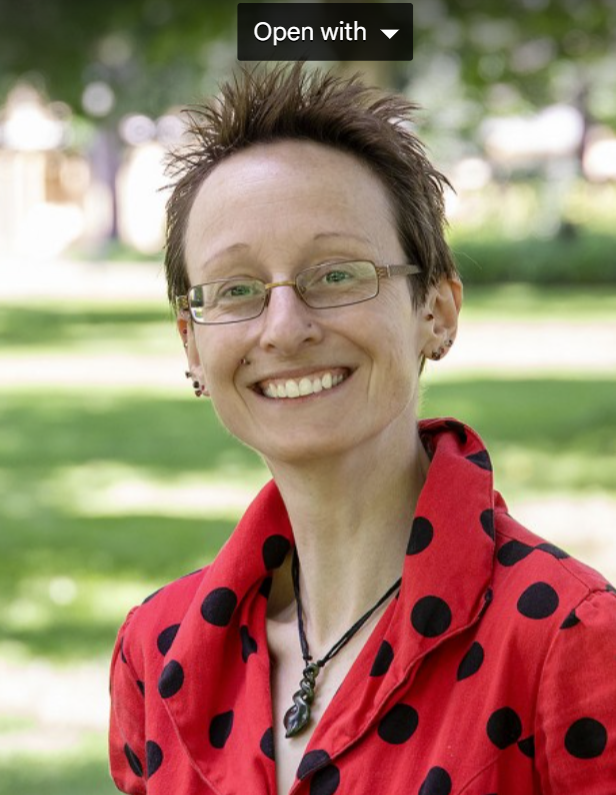what if, as Maureen M. McLane suggests, we are already preplant? I’m absolutely delighted by this strange provocation: that the human is an expression of dynamic vegetal life. what new monsters do we really want to grow in our rot? what new poetics will emerge in the beautiful roots of our doing?
in my own scholarly and creative life, I have turned to critical plants studies to understand vegetal forms of life that exceed human comprehension. Saint Aquinas, for example, considered the life of plants largely unknowable since they lacked observable moverment. in many respects we continue to inherit such beliefs that vegetal life is unintelligent, soulless, charmless, witless. however distributed vegetal cognition is, plants are nonetheless remarkable sensing and sensate beings, who invite speculation as to who we—the weirdos of this world—are if we are not already communal thinkers. so: to look upon a plant with an appreciation that its own mind is radically different is a terse exercise in the acceptance of its unknowability. to engage with the unknowable forms of vegetal knowleldge is to recognise that any reciprocity between plant and human is impossible. honestly I am okay with these one-sided relationships. let plants be beautifully selfish.
Michael Marder’s claim that “‘Plant-thinking’ refers to…the non-cognitive, non-ideational, and non-imagistic mode of thinking proper to plants (hence, what I call ‘thinking without the head’)” is an intriguing proposition that underlies my misadventures into future plant life—including artificial flowers—that I am calling a field guide to future flora. this series on biofutures meditates on what plants might emerge in our post-climate-changed worlds, what expressions of vegetal intelligence, wit, and desire might take root amidst the socio-political decompositions. I don’t imagine this future as utopian but more optimistically punk. and what is more punk than plants? what is more optimistic than poems that think without a head?

![Cover of Harpy Hybrid Review [Winter 2021]](https://training.poems.com/wp-content/uploads/2024/06/Tierney.Orchid.cover_.jpg)


